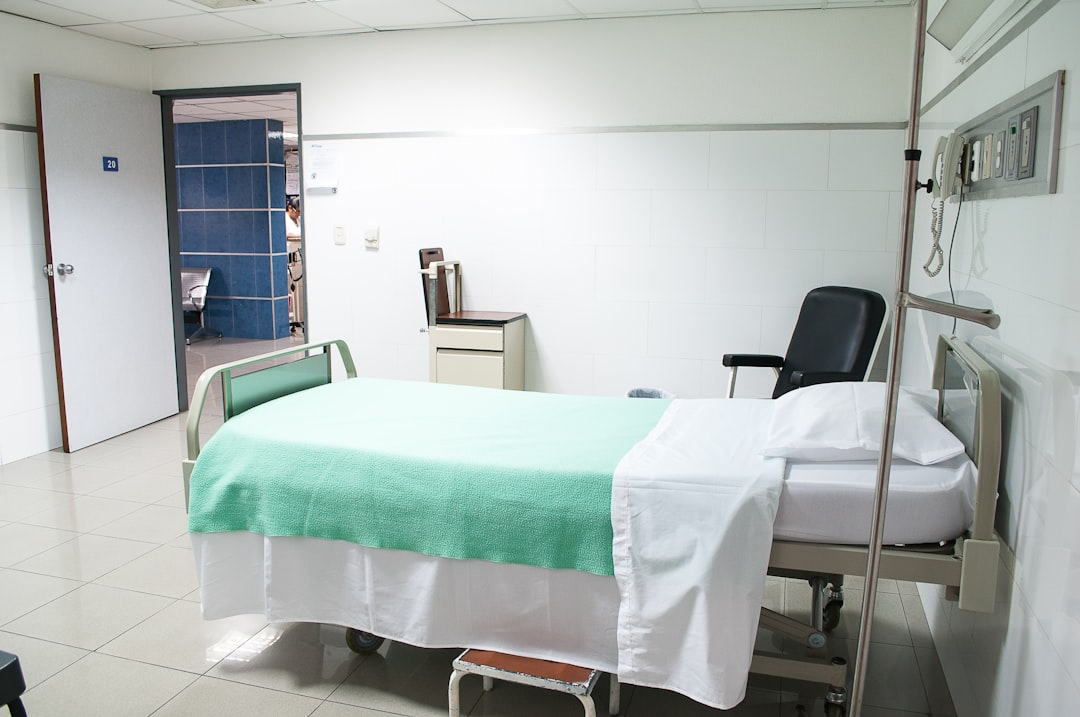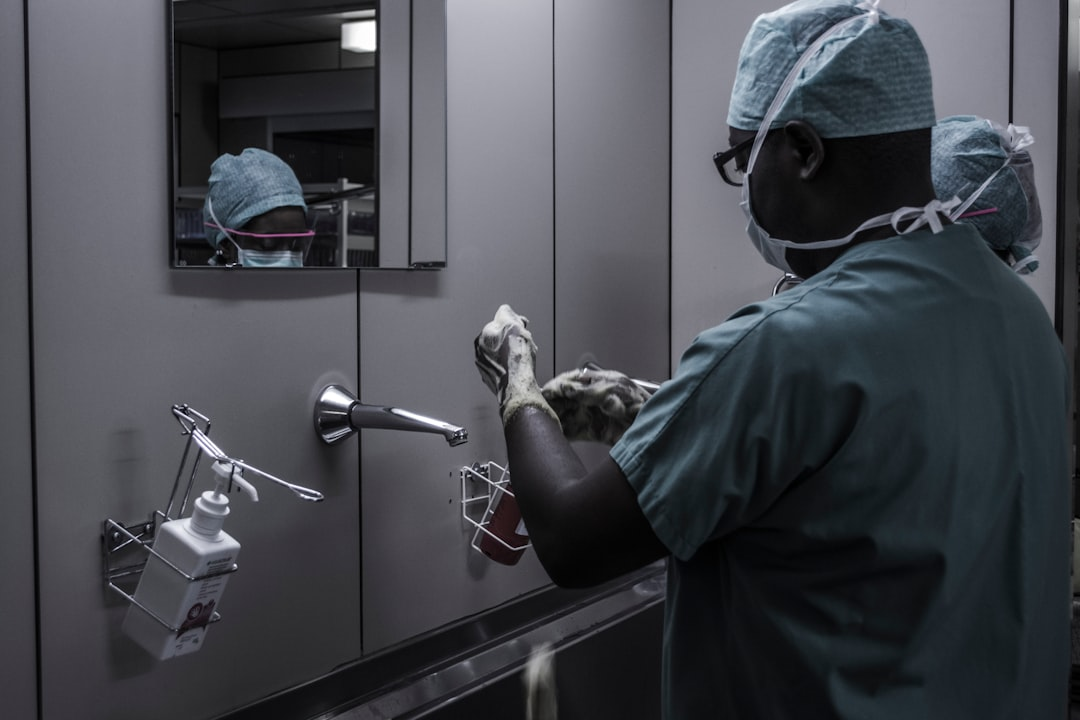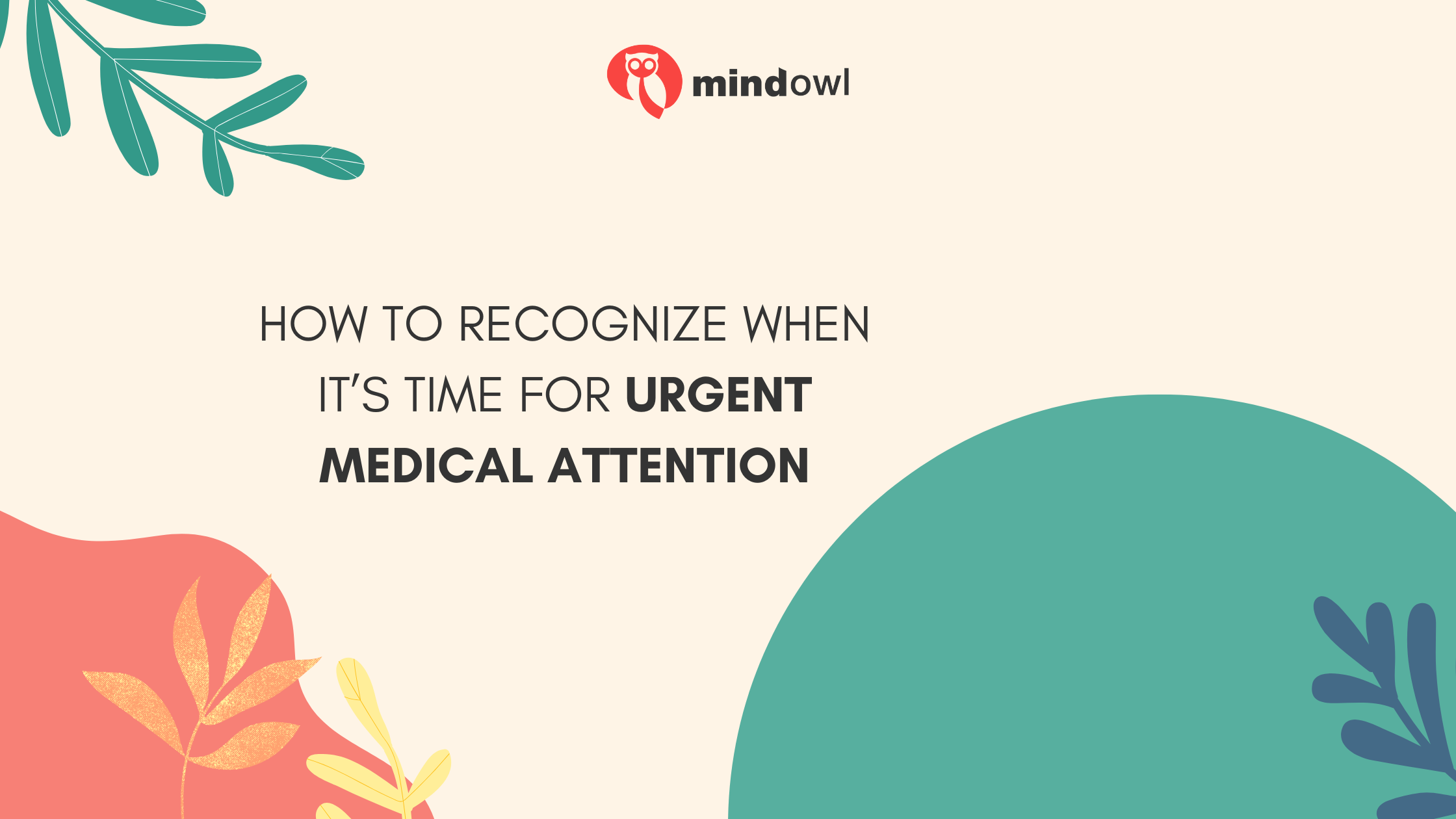
Health emergencies often arise unexpectedly, and knowing when to seek urgent medical attention can make a significant difference in outcomes. While minor illnesses or injuries can be treated at home or during a routine doctor’s visit, some situations demand immediate care to prevent complications or save lives. Learning to recognize the signs that warrant a visit to an urgent care center or emergency room is essential for ensuring timely treatment and avoiding unnecessary risks.
Understanding the Role of Urgent Care Centers
Urgent care centers bridge the gap between primary care physicians and emergency rooms. They are designed to handle non-life-threatening conditions that require prompt attention. These facilities typically operate with extended hours, making them accessible for sudden health issues outside regular office schedules. Common conditions treated at urgent care include minor cuts, sprains, fever, and mild infections.
Some Facilities provide convenient access to medical professionals who can address immediate concerns without the long wait times often associated with emergency rooms. Knowing when to choose urgent care over an ER visit ensures that resources are used appropriately and that patients receive the right level of care.
Recognizing Symptoms That Require Urgent Attention
Certain symptoms signal the need for urgent medical evaluation. These signs may not indicate a life-threatening emergency but still require professional assessment to prevent worsening conditions. Persistent fever, severe sore throat, or unexplained rashes, for example, could point to underlying infections that need treatment. Here are some common situations where urgent care is appropriate:
- Fever in Children or Adults: A high fever, especially in infants or young children, requires prompt attention. For adults, persistent fever that doesn’t respond to over-the-counter medications may indicate an infection that needs medical intervention.
- Minor Cuts and Lacerations: Deep cuts that may require stitches or wounds that don’t stop bleeding after applying pressure for a few minutes should be treated at urgent care.
- Sprains and Minor Fractures: Injuries involving swelling, bruising, or limited mobility often benefit from X-rays and proper immobilization, services typically available at urgent care centers.
- Persistent Cough or Breathing Issues: While severe respiratory distress warrants an ER visit, persistent coughing or mild breathing difficulty can be evaluated at urgent care to rule out infections or conditions like asthma.
When to Head Directly to the Emergency Room
While urgent care centers handle many situations, certain symptoms indicate a life-threatening emergency and require immediate attention at an ER. Chest pain, sudden weakness or paralysis, severe burns, or head injuries are examples of conditions that demand emergency medical care.
Recognizing stroke symptoms is particularly critical. Signs include sudden numbness, confusion, difficulty speaking, or loss of balance. In such cases, time is of the essence, as prompt treatment can minimize long-term damage. Similarly, symptoms of a heart attack, such as chest pain radiating to the arm or jaw, shortness of breath, or nausea, necessitate a call to emergency services or a visit to the ER.
Assessing Pain Levels and Their Implications
Pain is a common indicator that something may be wrong, but not all pain requires immediate medical attention. Assessing the severity, location, and duration of the pain can help determine whether urgent care or emergency services are needed. For instance, mild abdominal discomfort may result from indigestion and can often be treated with over-the-counter remedies. However, severe, sharp abdominal pain accompanied by vomiting, fever, or changes in bowel movements may indicate appendicitis or another serious condition requiring urgent evaluation.
Pain resulting from injuries, such as sprains or strains, should also be monitored. If the pain worsens or is accompanied by visible deformities, urgent care can provide diagnostic imaging and treatment to address the issue promptly.
Handling Infections and Illnesses
Infections and illnesses can vary in severity, but certain symptoms suggest a need for medical attention. For example, a sore throat that lasts longer than a week or is accompanied by difficulty swallowing could indicate strep throat, which requires antibiotics. Similarly, urinary tract infections (UTIs) that cause significant discomfort, fever, or back pain should be treated to prevent complications like kidney infections.
Skin infections, such as cellulitis, often present with redness, warmth, and swelling. If left untreated, these infections can spread, making urgent care a crucial step in managing symptoms and preventing further issues.
Addressing Allergic Reactions
Allergic reactions range from mild to severe, and knowing the difference is critical. Mild symptoms like localized itching, redness, or a runny nose can often be managed with antihistamines. However, severe reactions, such as difficulty breathing, swelling of the face or throat, or a rapid heartbeat, are signs of anaphylaxis—a medical emergency requiring immediate attention at an ER.
For moderate allergic reactions, such as widespread hives or swelling without respiratory distress, an urgent care visit can provide relief and ensure the reaction is properly managed.
Monitoring Chronic Conditions
Individuals with chronic conditions, such as diabetes, hypertension, or asthma, may occasionally experience symptoms that require urgent care. For example, a diabetic patient with consistently high blood sugar readings despite taking medication should seek medical advice to prevent complications like diabetic ketoacidosis. Similarly, asthma patients experiencing wheezing or shortness of breath despite using an inhaler may need urgent care to stabilize their condition.
Urgent care centers can provide treatments and adjustments to existing management plans, ensuring patients maintain control over their chronic conditions and avoid escalation to emergency situations.
Prioritizing Mental Health Crises
Mental health is as important as physical health, and recognizing the signs of a mental health crisis is essential. Feelings of hopelessness, thoughts of self-harm, or sudden behavioral changes require immediate attention. While some mental health concerns can be addressed through counseling or primary care visits, crises that involve imminent danger to oneself or others necessitate emergency intervention.
Many urgent care centers now offer mental health services or can provide referrals to appropriate resources, ensuring that patients receive timely support.
Preparing for an Urgent Care Visit
When seeking care at an urgent care center, being prepared can streamline the process. Bring identification, insurance information, and a list of any medications you are taking.
Clearly describing your symptoms, their onset, and any actions you’ve taken to address them helps medical professionals provide accurate diagnoses and treatment. Urgent care centers like urgent care in Conway, are equipped to handle a wide range of conditions, offering convenience and expertise. By understanding when and how to use these resources effectively, you can make informed decisions that prioritize your health and well-being.

Recognizing when to seek urgent medical attention is an important skill that ensures timely and appropriate care. By understanding the role of urgent care centers, differentiating between urgent and emergency conditions, and assessing symptoms effectively, you can take proactive steps to protect your health. Whether it’s a minor injury, a persistent infection, or an unexpected health concern, knowing where to turn for help can make all the difference in achieving the best possible outcomes.
MindOwl Founder – My own struggles in life have led me to this path of understanding the human condition. I graduated with a bachelor’s degree in philosophy before completing a master’s degree in psychology at Regent’s University London. I then completed a postgraduate diploma in philosophical counselling before being trained in ACT (Acceptance and commitment therapy).
I’ve spent the last eight years studying the encounter of meditative practices with modern psychology.

